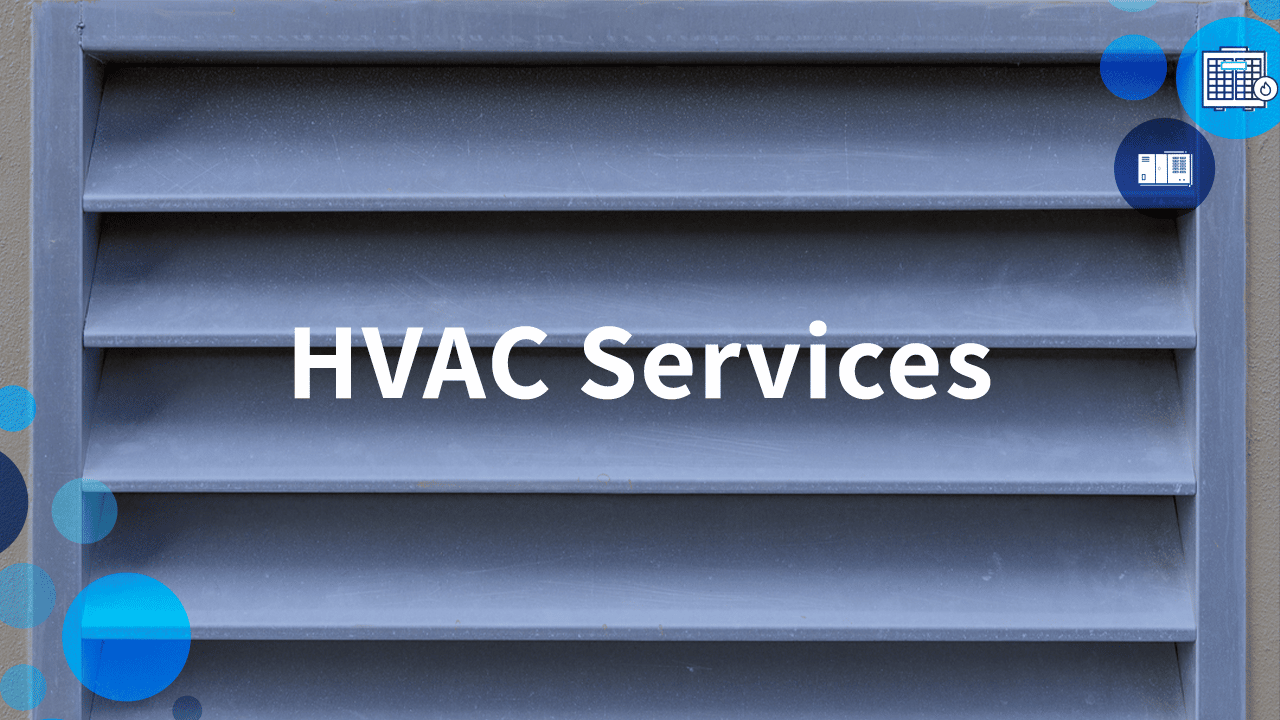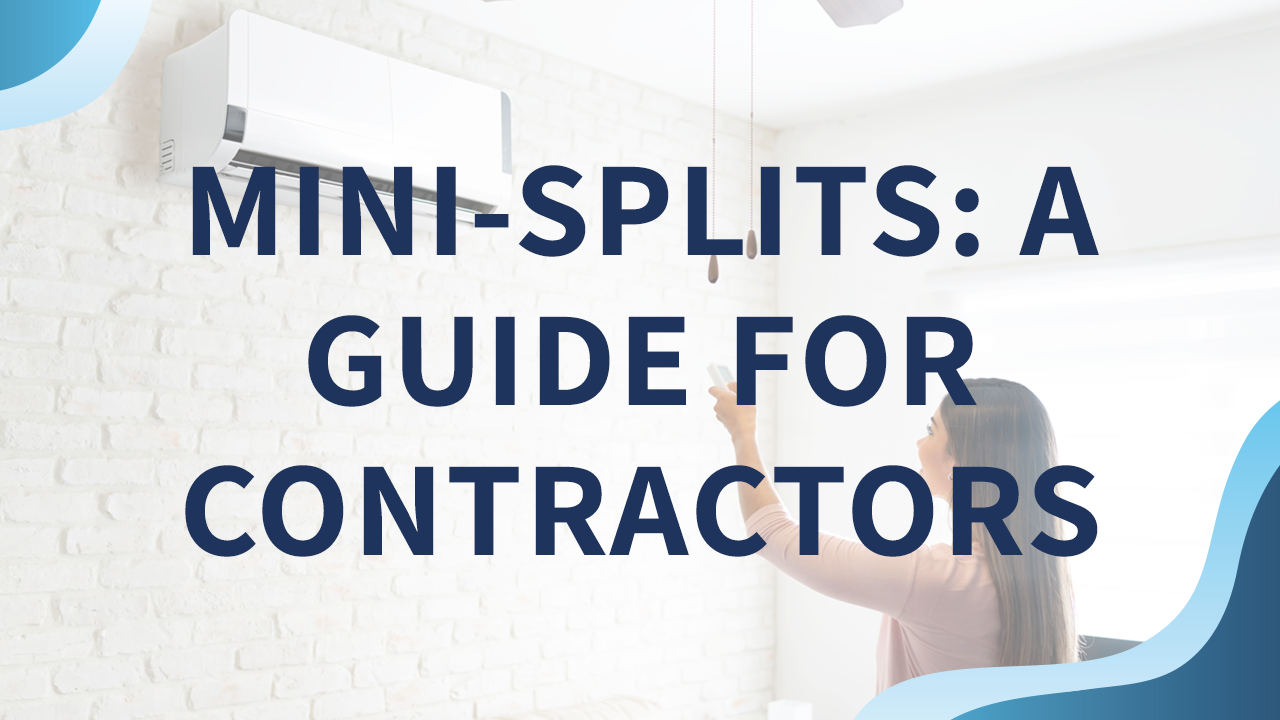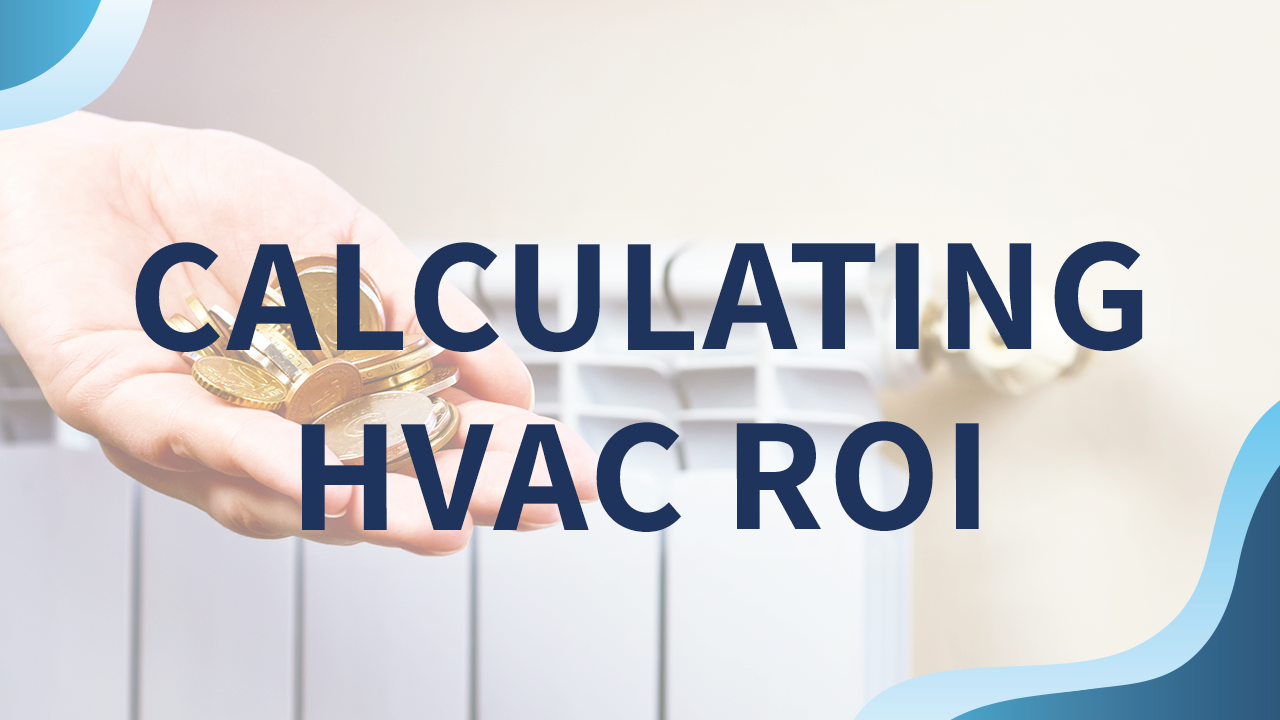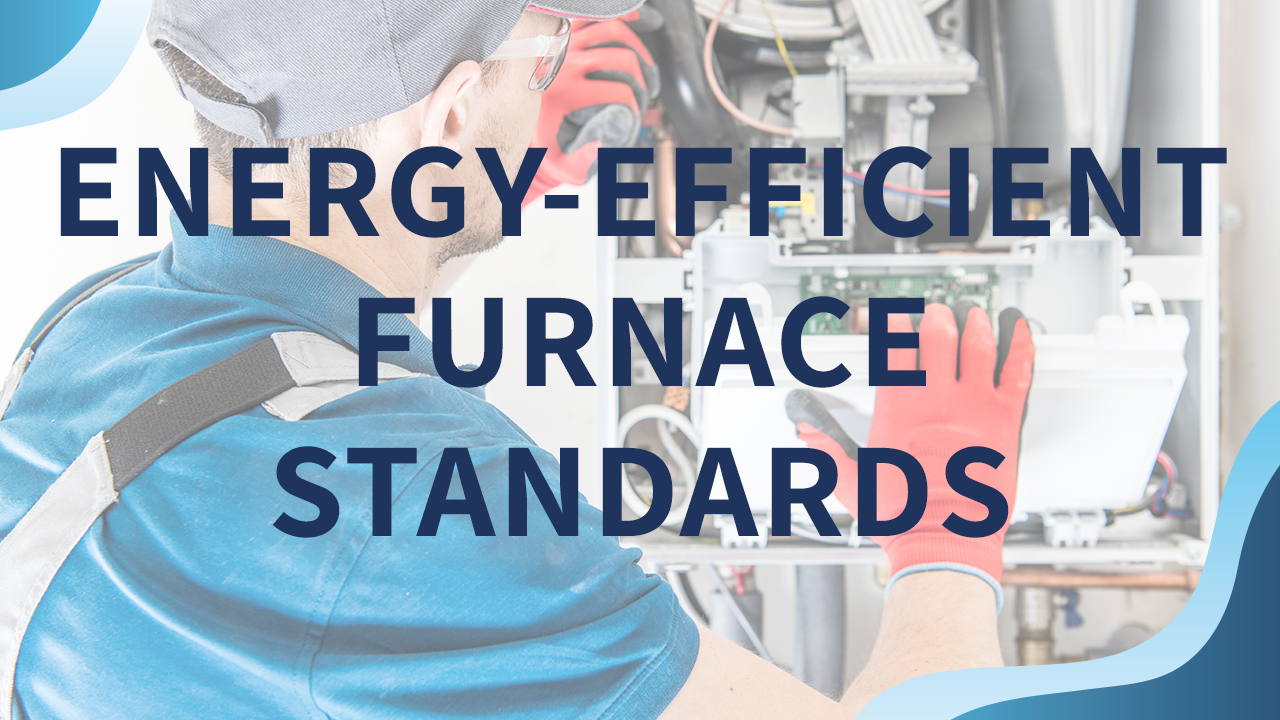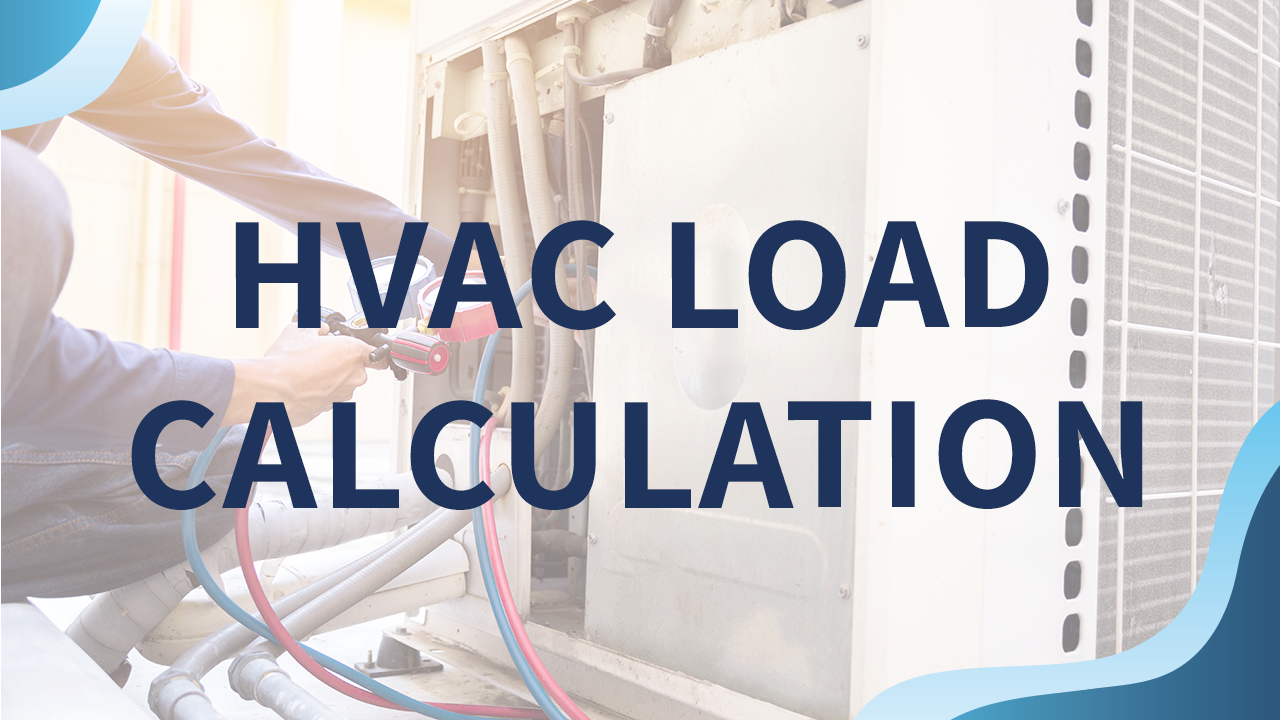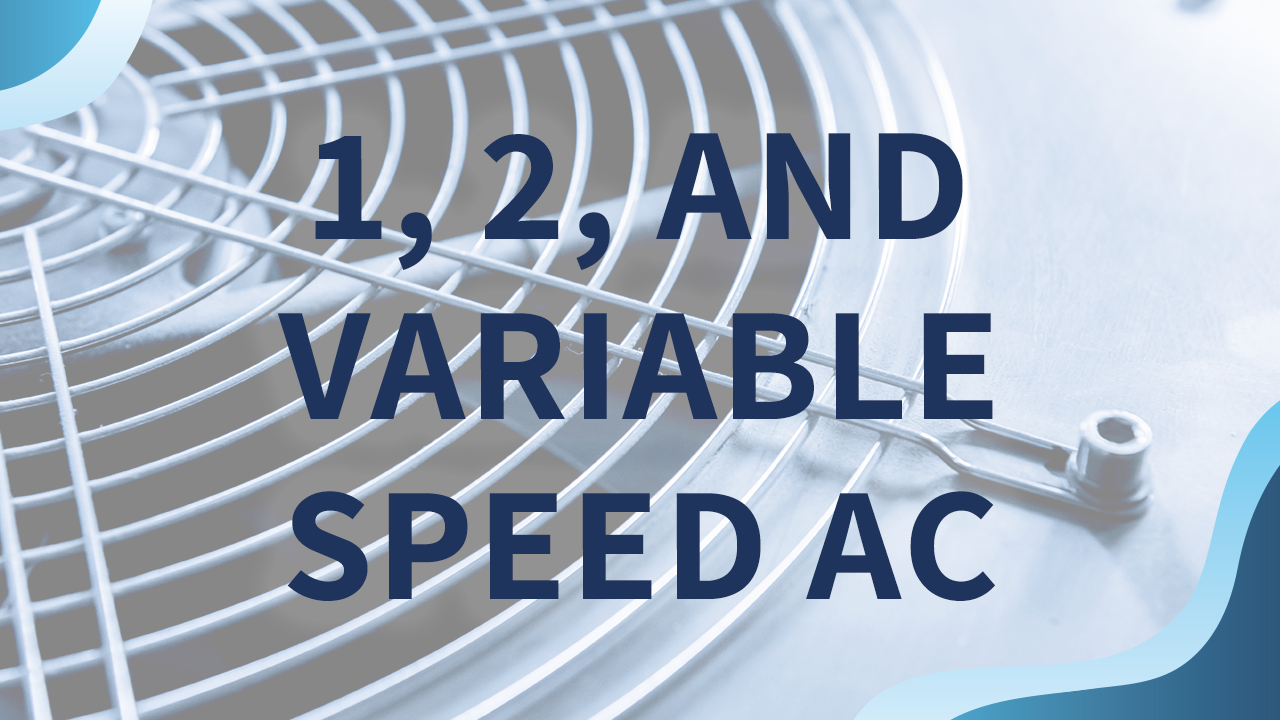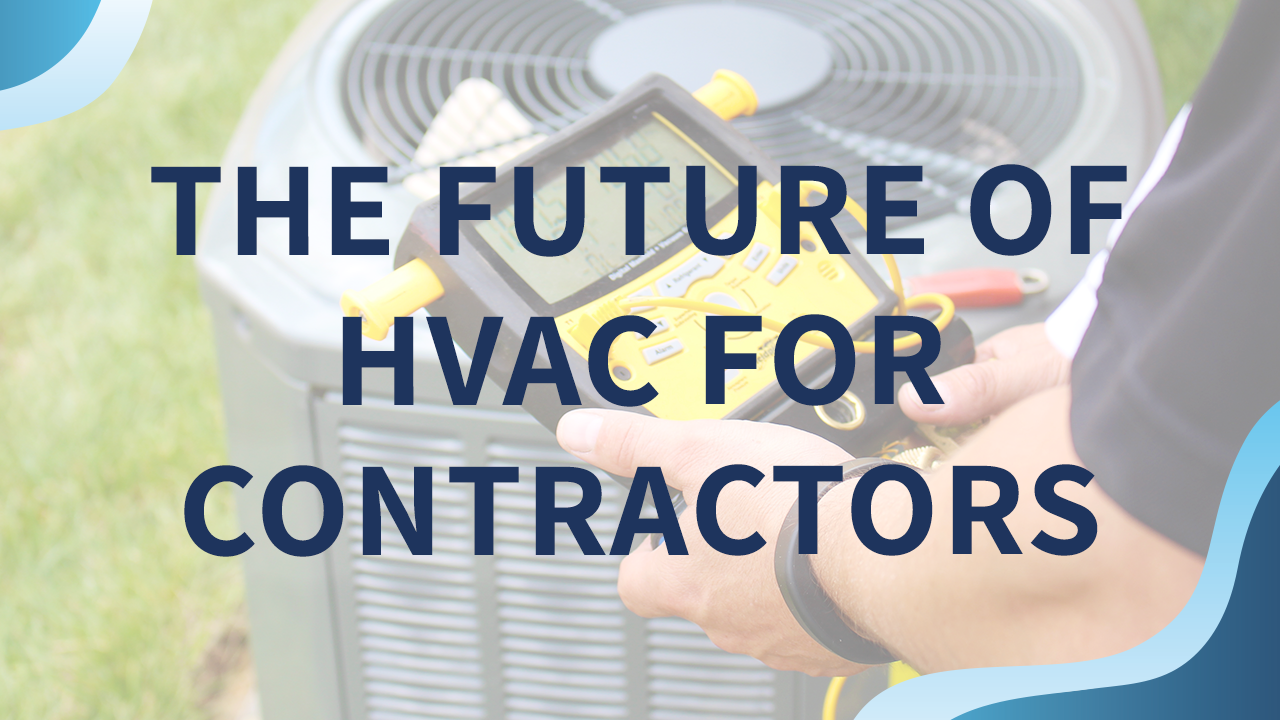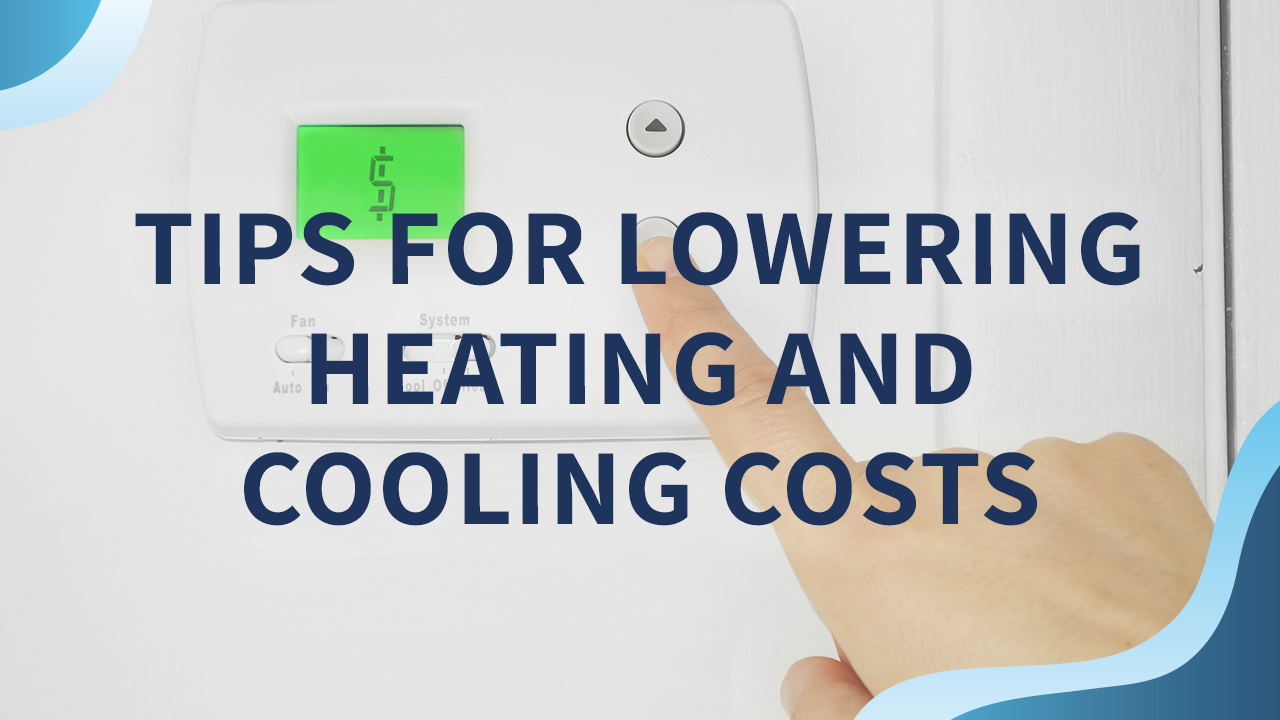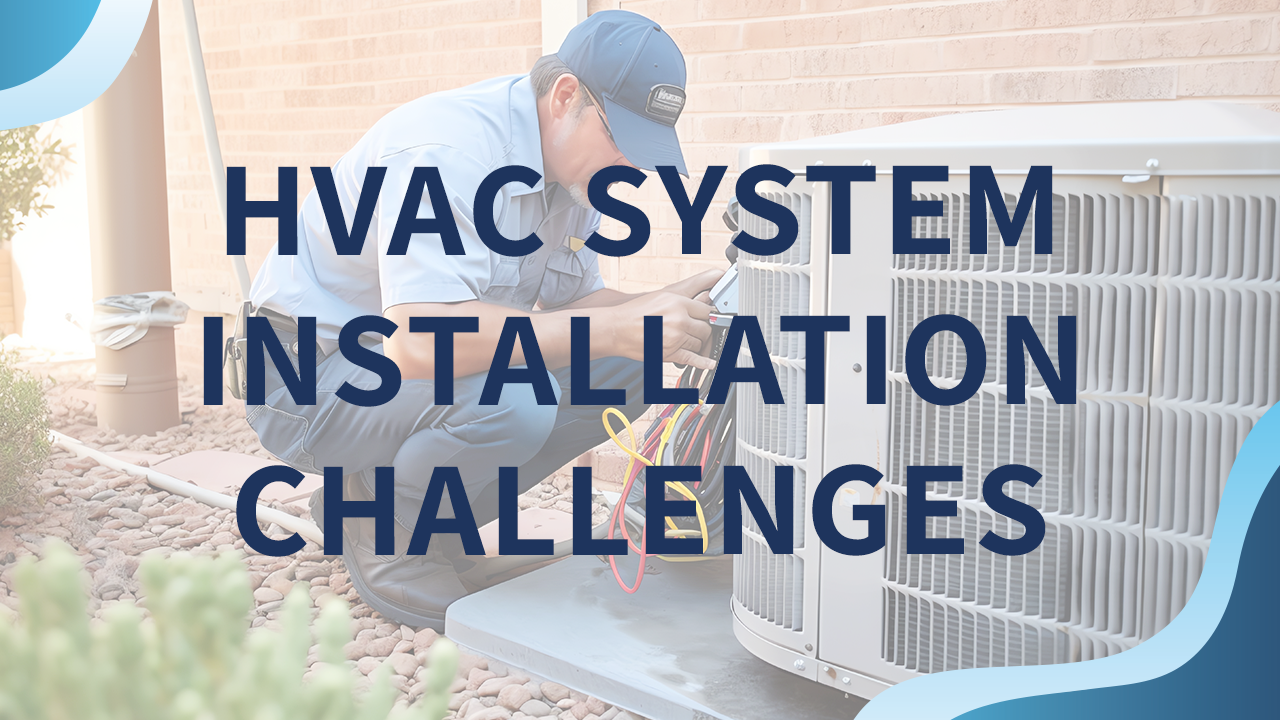The terms “HVAC services” and “HVAC maintenance” are often used interchangeably because they have to do with increasing HVAC efficiency. But although both acts are beneficial to a unit, they are slightly different. So when customers ask for one of the two, it’s essential to know the differences and how each affects a system. We’ll break them down below.
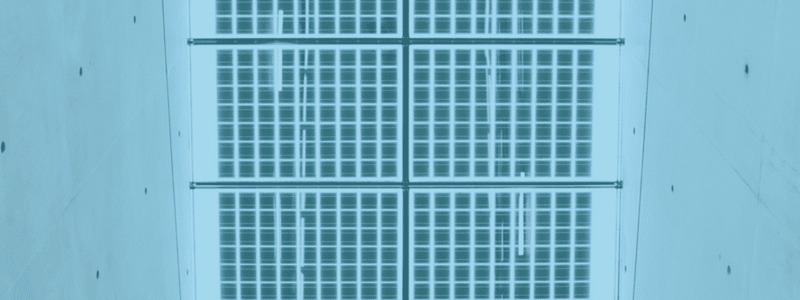

What Does It Mean to Service an HVAC System?
In layman’s terms, servicing an HVAC system refers to necessary repairs that need to be done. At the same time, maintenance is preventative measures taken to improve the performance and lifespan of a system.
It’s like having a car—when you hear weird noises coming from a specific part, you immediately take it to the mechanic so they can diagnose the issue. They’ll also look for other issues that could cause problems in the future and fix those—you could liken that concept to HVAC servicing. On the other hand, when your tires are rotated or you get an oil change, those preventative measures ensure the vehicle’s longevity—which is the same principle as HVAC maintenance.
What Are the Services Included in an HVAC System?
HVAC servicing is an umbrella term for the many tasks you can do to make a unit more efficient. Some various HVAC services include:
- HVAC repair
- HVAC replacement
- HVAC ductwork
- HVAC maintenance
Most HVAC units are equipped to last between 10 to 15 years, but that can depend on other factors such as location, number of repairs, or the unit type. However, after installation, the numerous services help with the overall functionality of the HVAC unit.


What Does HVAC Maintenance Include?
The best way to lengthen the lifespan of an HVAC system is by scheduling routine maintenance. You should encourage home and business owners to prepare for it at least twice a year or before seasons—like winter and summer—exhibit extreme temperatures.
Routine maintenance typically includes:
- Checking system controls to ensure the unit is safe to operate
- Lubricating moving system parts so the lack of friction doesn’t increase energy use
- Changing air filters
- Inspecting a condensate drain to ensure there are no clogs—if left unattended, it causes water damage and can increase indoor humidity
- Checking thermostat settings so that indoor temperatures are comfortable
- Reviewing and tightening electrical connections so the unit functions correctly and doesn’t limit the lifespan
- Cleaning condenser and evaporator coils
Other maintenance components, such as handling and disposing of refrigerants, are essential to HVAC functionality. However, you’ll need a specific certification to proceed with this job.


What Does Troubleshooting Include?
Sometimes pinpointing an HVAC problem can be challenging because several factors affect the system. So, before you begin troubleshooting, it’s best to ask the customer a few leading questions about their unit to get an idea of the issues they’ve been experiencing. Once you understand the problem, diagnosing the real issue will be easier.
Remember, when a system is initially designed and installed for a home or business, it reflects the nature of the space at the time. But let’s say a customer recently added a new room to their home or more heat-generating equipment; these could affect an HVAC system’s performance. So, take note of the answers you’re given.
Next, it’s time for a visual inspection. Most issues become apparent once you take the time to review the entire system—including coils, filters, ports, capacitors, drains, etc. Any abnormalities can help with an official diagnosis.
However, it’s essential to do this review first because they impact the system’s airflow. Measuring airflow is more complex than other components, and because of this, most contractors tend to save it for last. But it can make charges on gauges appear wrong, which is why you should correct other system issues first.
After the visual inspection and establishing proper airflow, take essential measurements, such as:
- Suction and liquid pressure
- Superheat
- Subcooling
- Compressor amperage
- Evaporator delta t (checked while measuring refrigerant charge—used to measure the efficiency of an A/C system)
What Does Motili Have to do With HVAC Services?
Whether your HVAC business focuses on single, multi-family, or commercial properties, Motili is an ideal source for all contractors. You’ll be able to view and accept jobs with the free all-in-one HVAC contractor app, making it easier to manage your appointments.
